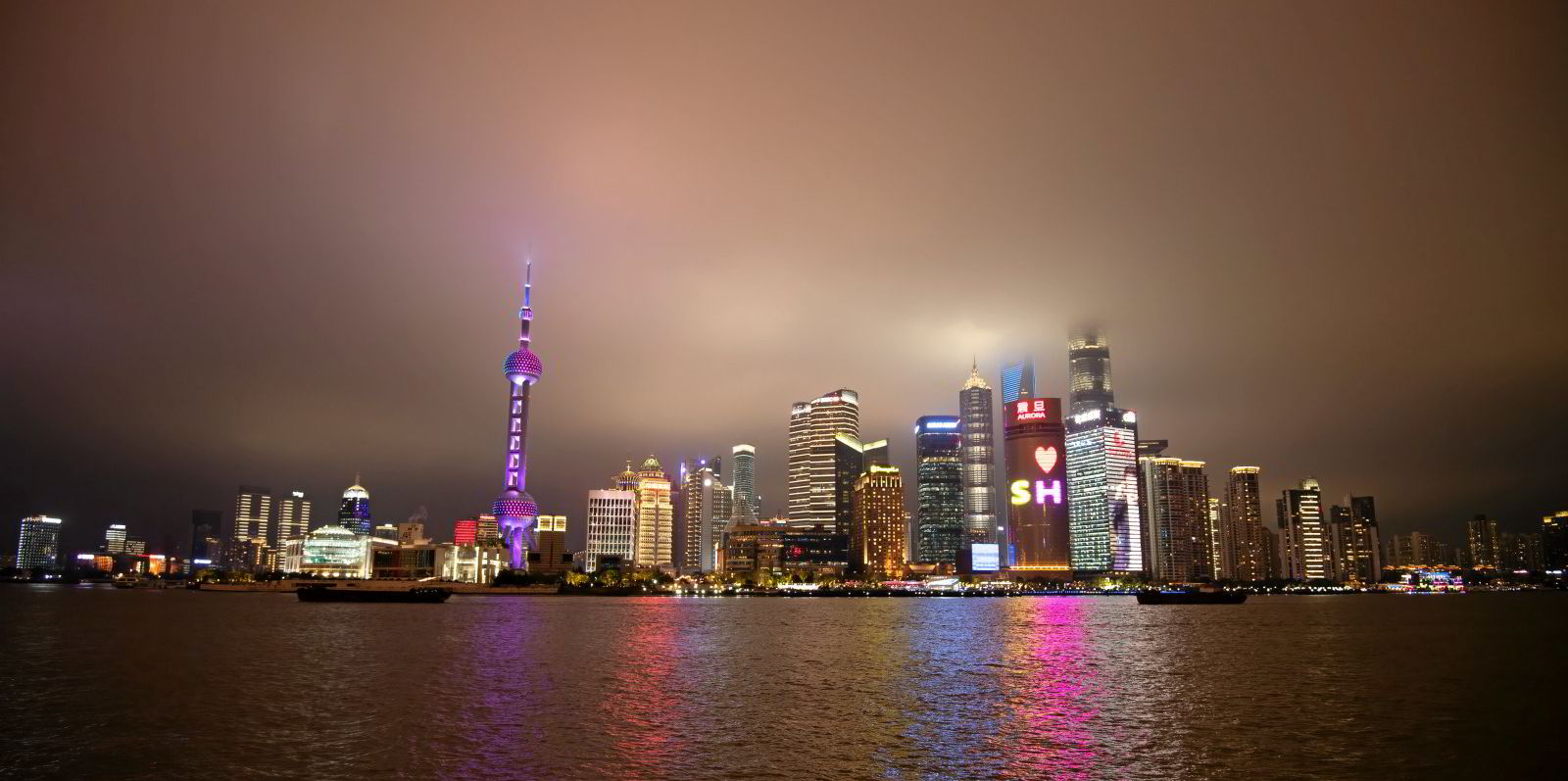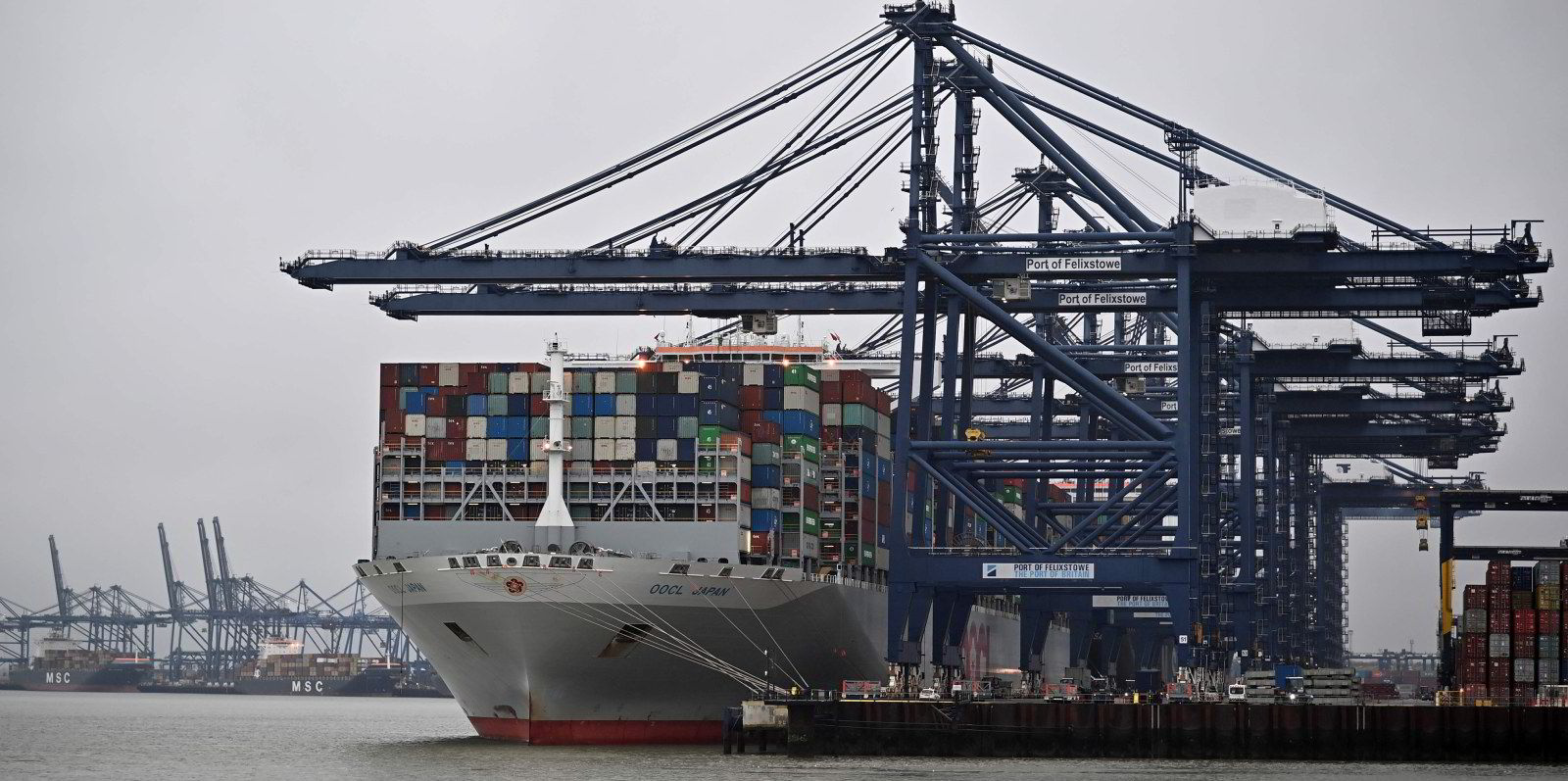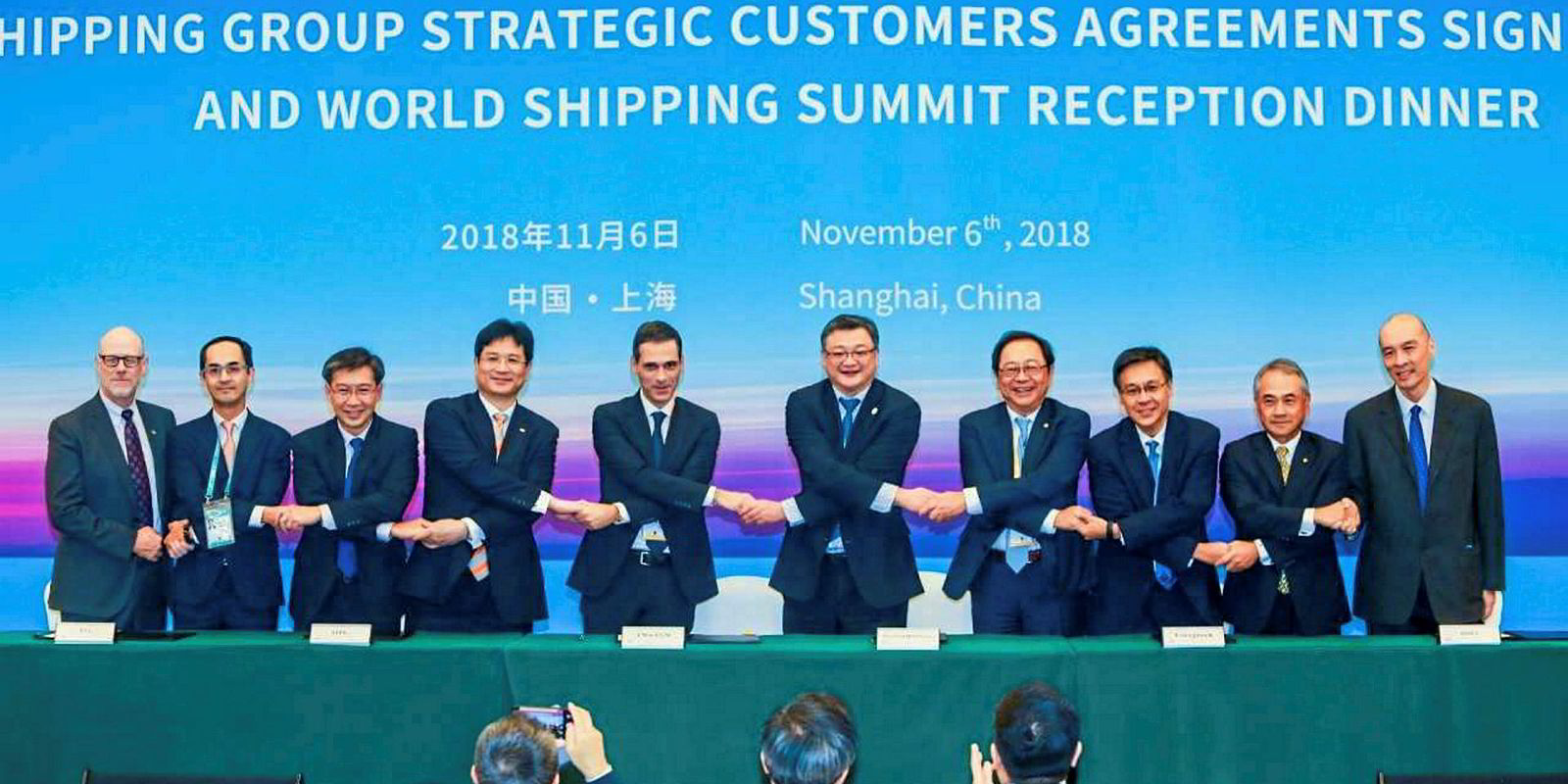Shanghai International Energy Exchange (INE) is planning to launch its freight index futures contract this year amid a volatile rate environment for container shipping.
The contract will be the first financially settled commodities futures in China, according to Yang Yiping, the associate director of INE's international cooperation and business development department.
"Given the volatile container freight price this year, I believe this contract will provide a good tool for price discovery and risk management for shipping companies, ship owners and any other participants," Yang said in a Reuters report.
Further details on the contract are not immediately available.
INE, part or Shanghai Futures Exchange, generally aims to cater to foreign investors. But regulatory approval is required for such futures trading to be open to market players outside mainland China.
Trading limits
While the Chinese government has been seeking more foreign investors in the mainland commodities market, those from overseas can only trade a limited number of futures contracts in China.
The most widely used market indication in the container shipping market is Shanghai Containerised Freight Index, published by Shanghai Shipping Exchange to track rate development for the main east-west trades.
Shanghai Shipping Exchange itself has been trying to develop a box derivatives market for years, but the efforts are plagued by a lack of liquidity.
Both Shanghai Futures Exchange and Shanghai Shipping Exchange are backed by the government.
Freight rates on main container shipping routes have hit all-time highs in recent months, riding on persistent port congestion and healthy shipping demand.
For many market players, a freight futures contract can function as a hedging tool to lock in profits or protect themselves against further hikes.
“Port closures caused by Covid-19 outbreaks on the export side as well as capacity problems on the import side are all contributing to ships getting stuck in record-breaking queues and missing planned port calls by weeks,” Bimco said in a recent research note.
“The delays mean that more ships are needed to maintain scheduled sailings. Some shippers are paying thousands of dollars in surcharges to ensure their load gets on board a ship in time.”
The trade group for shipowners expects the container market to remain strong well into 2022.
“Even as consumer demand for containerised goods begins to ease, there will be plenty of work to be done in clearing the backlog built up over the past many months, and lots of stocks that need to be restocked,” Bimco said.







